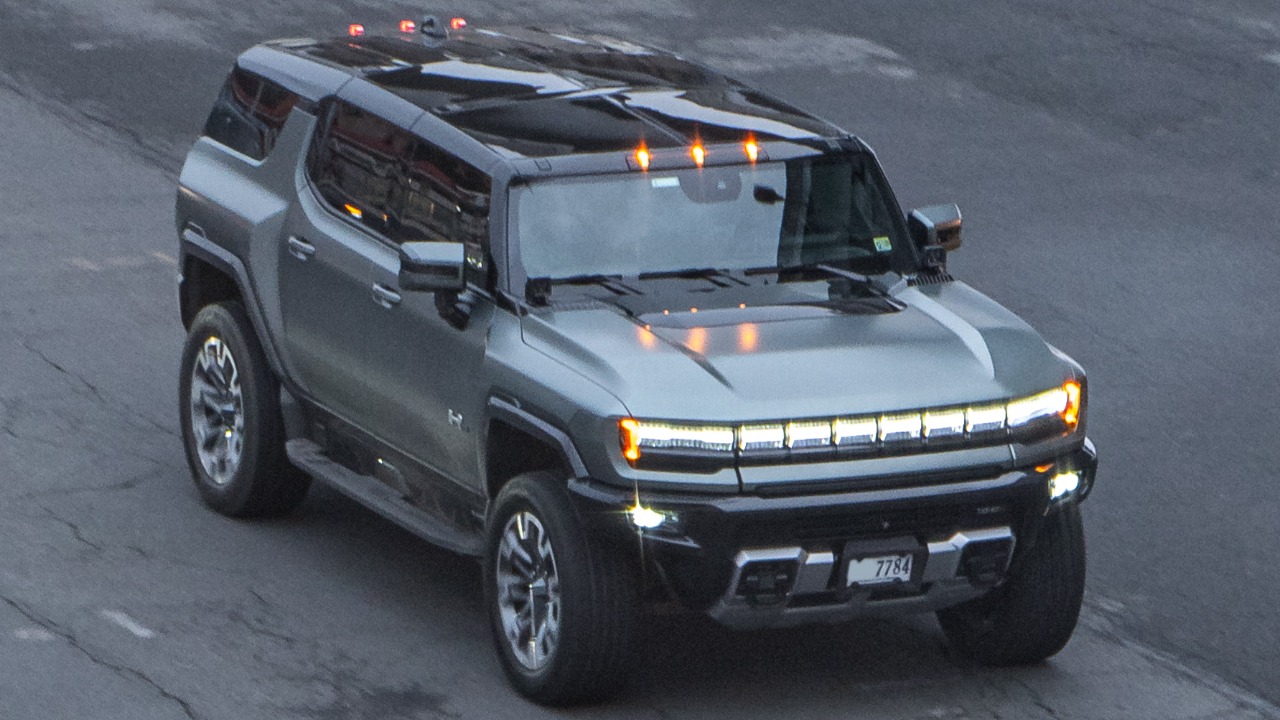
General Motors has reached a significant milestone in electric vehicle infrastructure, potentially eliminating range anxiety for drivers. This development involves a comprehensive expansion of fast-charging stations along major highways, covering over 3,000 locations from California to New York. The initiative, dubbed “Coast-to-Coast EV Travel,” promises charging times under 20 minutes for compatible GM vehicles like the Chevrolet Bolt and GMC Hummer EV.
The Details of GM’s Announcement
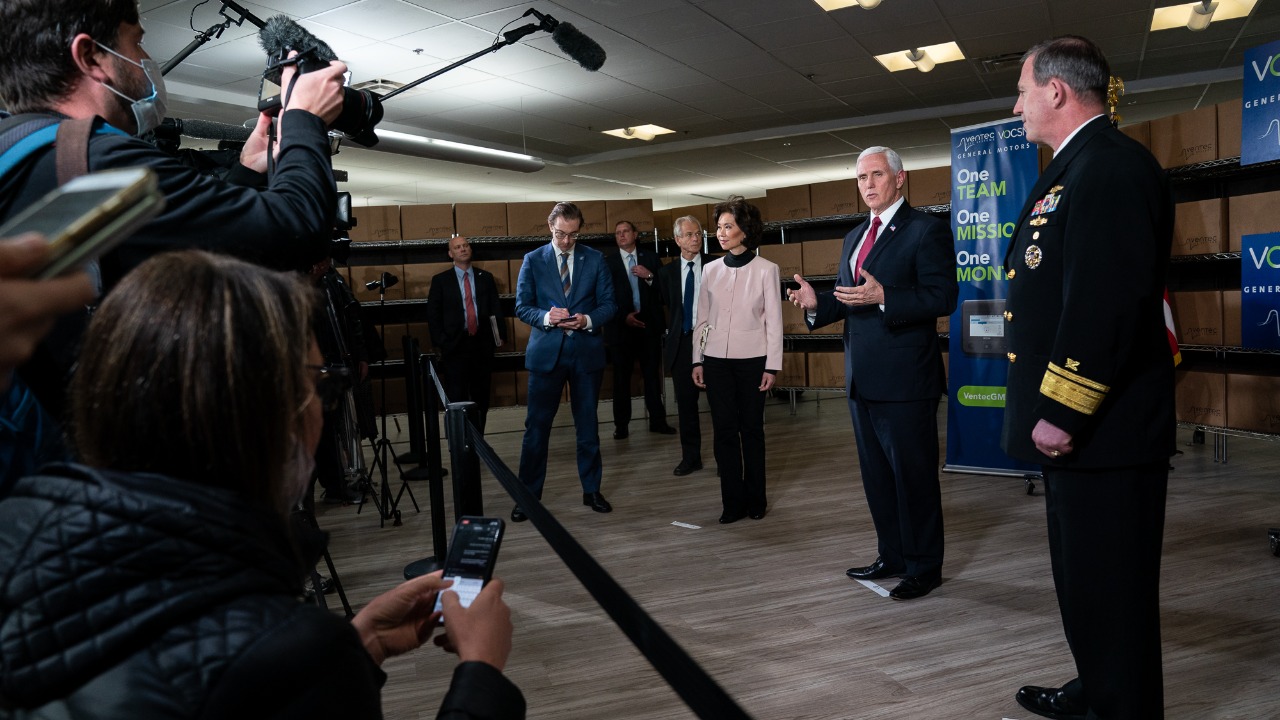
General Motors’ historic milestone involves a strategic partnership with Electrify America. Together, they plan to deploy 500 new ultra-fast chargers rated at 350 kW along Interstate 80 and other key routes. This expansion will ensure 98% coverage of the U.S. interstate system, making EV travel more accessible than ever before. The initial rollouts started in Q3 2024 in states like Nevada and Pennsylvania, with nationwide expansion planned by 2025 to support vehicles with GM’s Ultium battery platform. source
GM President Mark Reuss has expressed optimism about the project, stating, “This network will make coast-to-coast EV travel as straightforward as filling up with gas.” This statement underscores GM’s commitment to making EV travel more convenient and accessible for all.
Addressing EV Range Anxiety
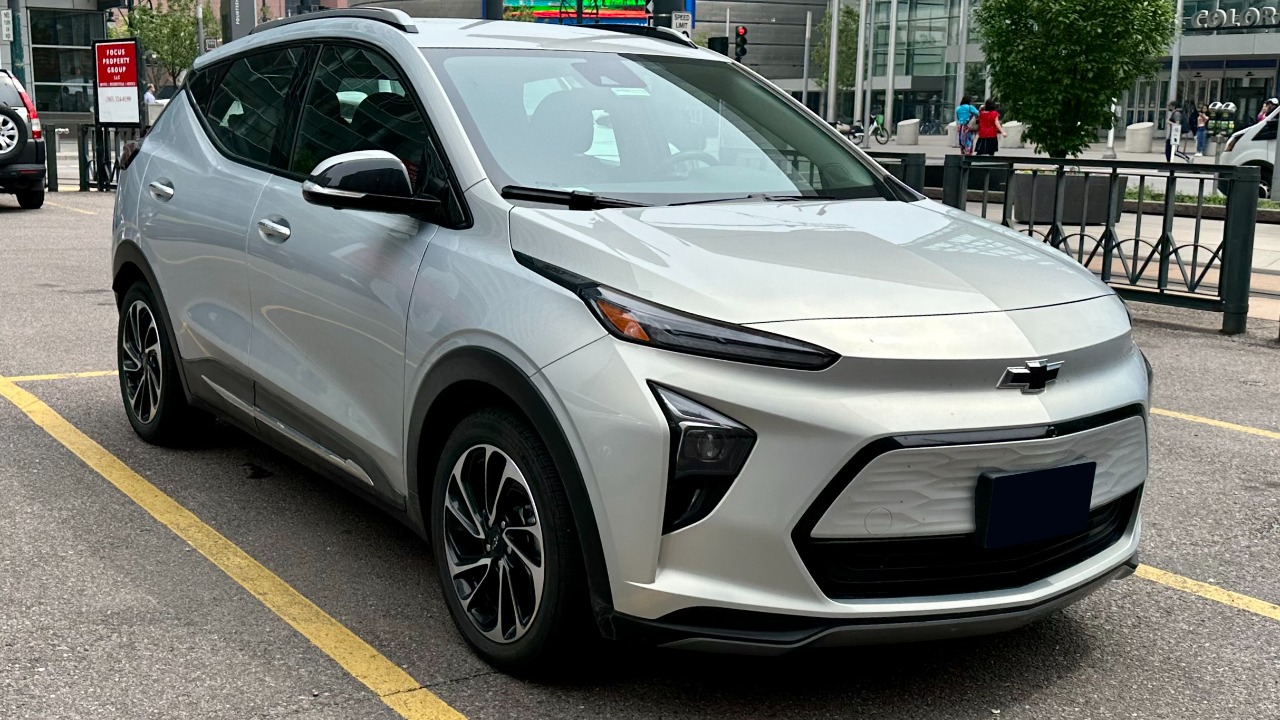
One of the main barriers to widespread EV adoption is range anxiety. Data shows that 60% of potential EV buyers cite insufficient charging infrastructure as a deterrent. GM’s plan aims to address this concern by reducing average wait times to under 10 minutes between stops. This could significantly boost consumer confidence in EV technology and drive further adoption. source
For instance, a simulated trip from Los Angeles to New York, covering 2,800 miles, would require only 12 charging stops, each adding 200+ miles of range. This real-world example demonstrates the practicality of GM’s new charging infrastructure and its potential to make EV range anxiety a thing of the past.
Technical Innovations Behind the Milestone
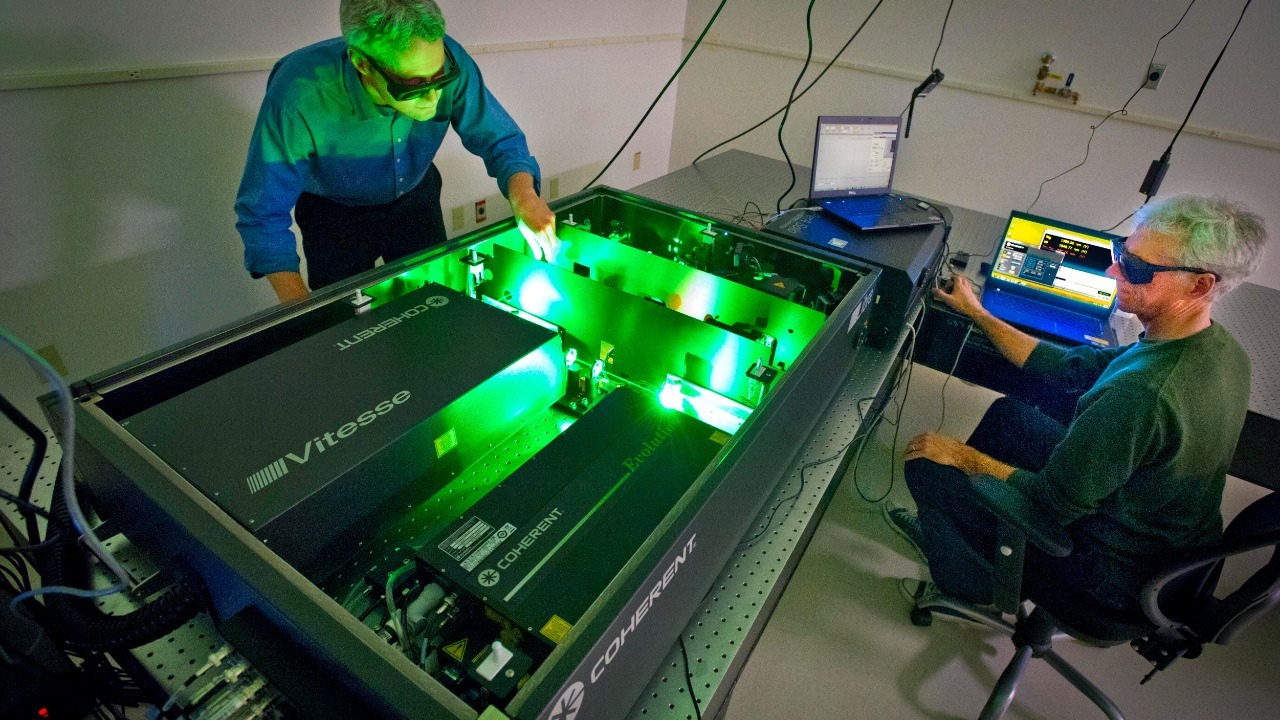
GM’s Ultium Charge 360 system plays a crucial role in this milestone. This system integrates bidirectional charging and app-based route planning to predict and reserve spots. It supports up to 250 miles of range in 10 minutes for models like the Cadillac Lyriq, significantly reducing charging times. source
The network will work with non-GM EVs via CCS standards, but offers exclusive perks like free charging for three years on new GM purchases. Each hub will feature solar-powered canopies generating 50 kW to offset grid demand, further enhancing the sustainability of the network.
Broader Industry Implications

GM’s move could exert pressure on competitors like Tesla, whose Supercharger network covers similar distances but lacks the same open-standard integration. This could potentially accelerate industry-wide adoption of EV technology. source
From an environmental perspective, the project could lead to a reduction of 1.2 million tons of CO2 emissions annually from shifted road trips, based on U.S. Department of Energy estimates for EV highway travel. This aligns with global efforts to reduce carbon emissions and combat climate change.
Challenges and Future Expansions
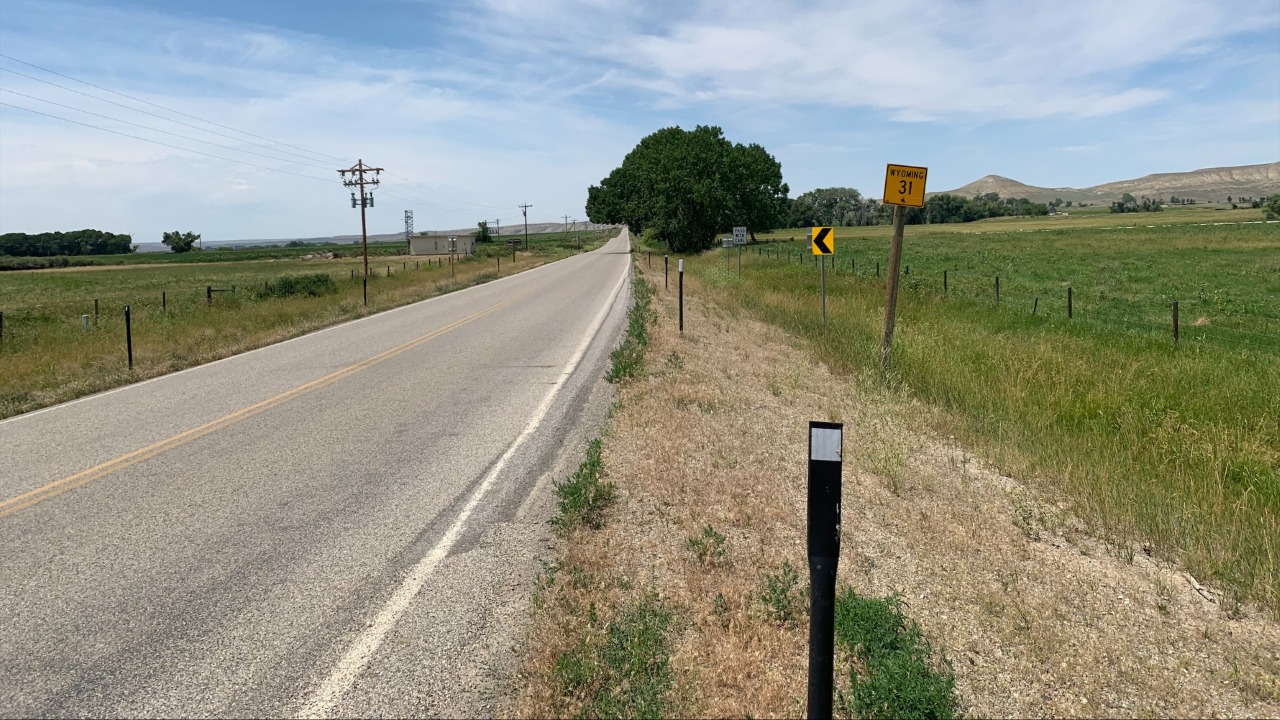
Despite the promising prospects, the project faces potential hurdles, including regulatory approvals in rural areas like Wyoming. The initial costs are estimated at $500 million, funded through GM’s $35 billion EV investment by 2025. source
Looking ahead, GM plans to extend the network to Canada by 2026 and integrate with autonomous features in GM’s Cruise division for hands-free charging. This shows GM’s commitment to continuous innovation and improvement in the EV sector.
Consumer and Market Reactions
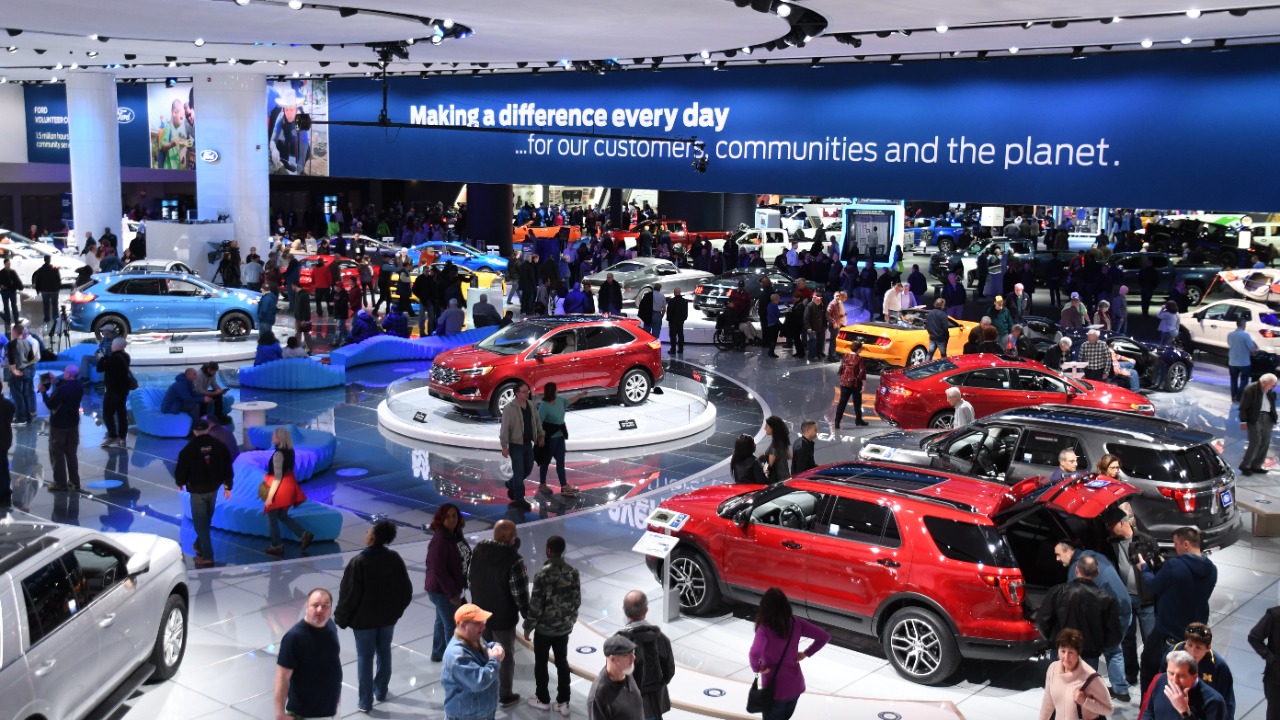
Early feedback has been positive, with pre-announcement surveys showing 75% of GM owners excited about the prospect of cross-country trips without planning detours. This indicates strong consumer support for GM’s new initiative. source
The announcement also had a positive impact on GM’s stock, with shares rising by 4% following the reveal at the 2024 Detroit Auto Show. Analysts predict that the new charging infrastructure could boost EV sales by 20%, demonstrating the market’s confidence in GM’s strategy.